City Nature Challenge 2025
Join your community in documenting biodiversity during the 10th anniversary of the City Nature Challenge! City Nature Challenge is a yearly event for folks in cities all over the world to observe and document biodiversity in their own backyards. Originally started as a friendly competition in California, the global challenge has grown to include more than 500 cities across more than 50 countries. To participate, people take photos or record sound during the observation phase of any organism – plant, animal, insect, and more – on iNaturalist. This is followed by a short identification phase – where a community of naturalists work on identifying the species observed.
The City Nature Challenge 2025:
- Observations: April 25-28
- Upload and Identification Phase: April 29 – May 5
Denver Botanic Gardens is the lead organizing institution for the Denver-Boulder metro area, which includes the counties of Adams, Arapahoe, Boulder, Broomfield, Denver, Douglas, and Jefferson. All iNaturalist observations of wild species made during the observation period and uploaded before the end of the Identification phase are automatically included in the 2025 CNC iNaturalist project. If you do not live in the Denver metro area or another participating city, you can still participate by joining the Global Project.
For 2024’s global challenge, there were almost 2.5 million observations of over 65,000 species made by 83,000+ people from over 500 cities in over 50 countries around the world. Almost 4,000 of those species are considered rare, endangered, or threatened. The leading city for numbers of observations, species, and observers was La Paz, Bolivia with 165,000+ observations of more than 5,000 species!
In the Denver-Boulder metro area, more than 4,500 observations were observed by nearly 400 people of almost 1,000 species! We even had 73 research-grade observations of 10 species that are listed as rare, endangered, or threatened by NatureServe or the U.S. Fish and Wildlife Service. This effort to observe biodiversity further enhances our understanding of species distributions. For example, a graduate student at the University of Colorado, Denver found the first record of a parasitic orchid species (striped coralroot, Corallorhiza striata) at our own Chatfield Farms bioblitz!
Participate by exploring your local area using iNaturalist on your own, with friends & family, or by signing up for a local bioblitz. Learn more about community science at Denver Botanic Gardens on our website. Stay tuned for updates regarding local bioblitzes.
Gallery
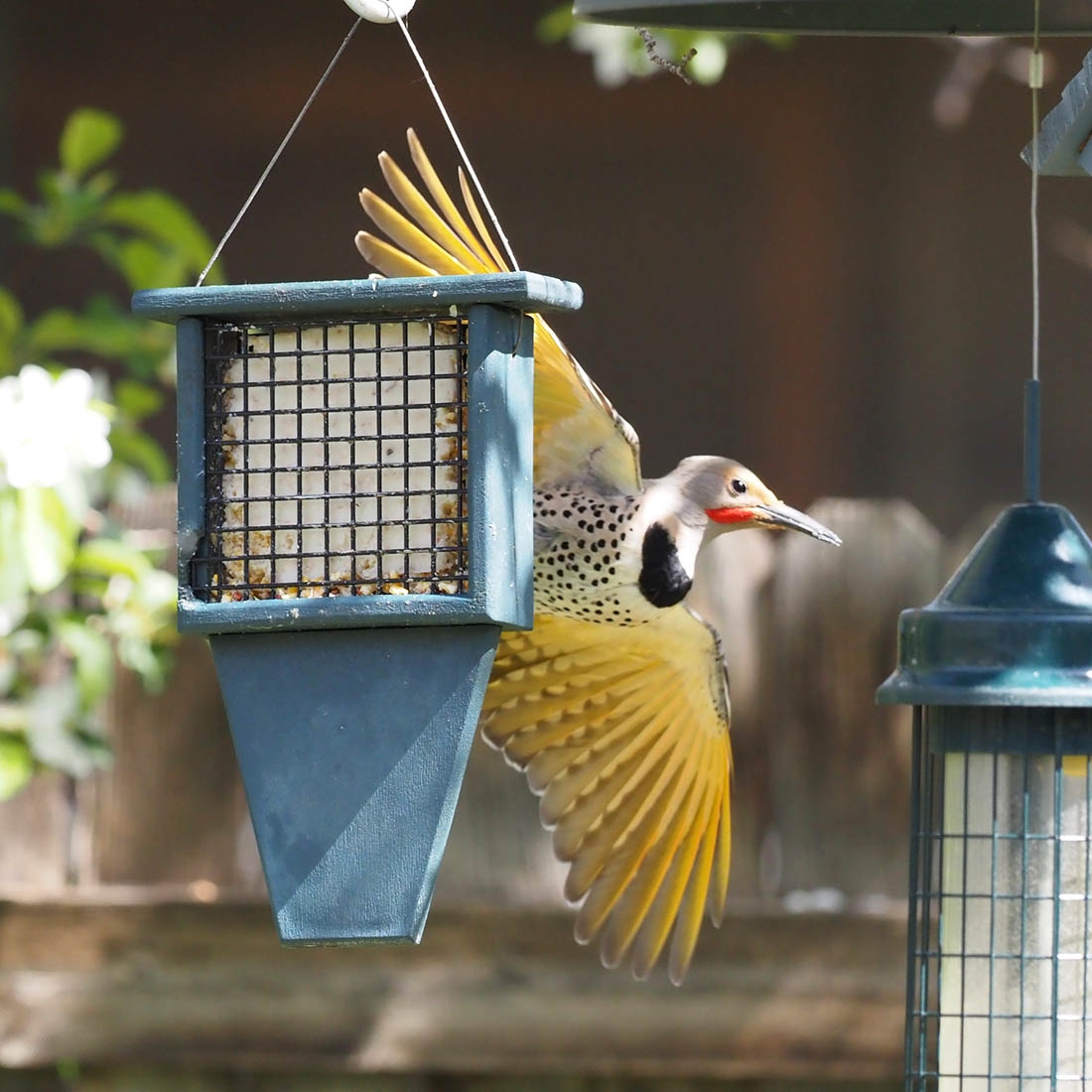
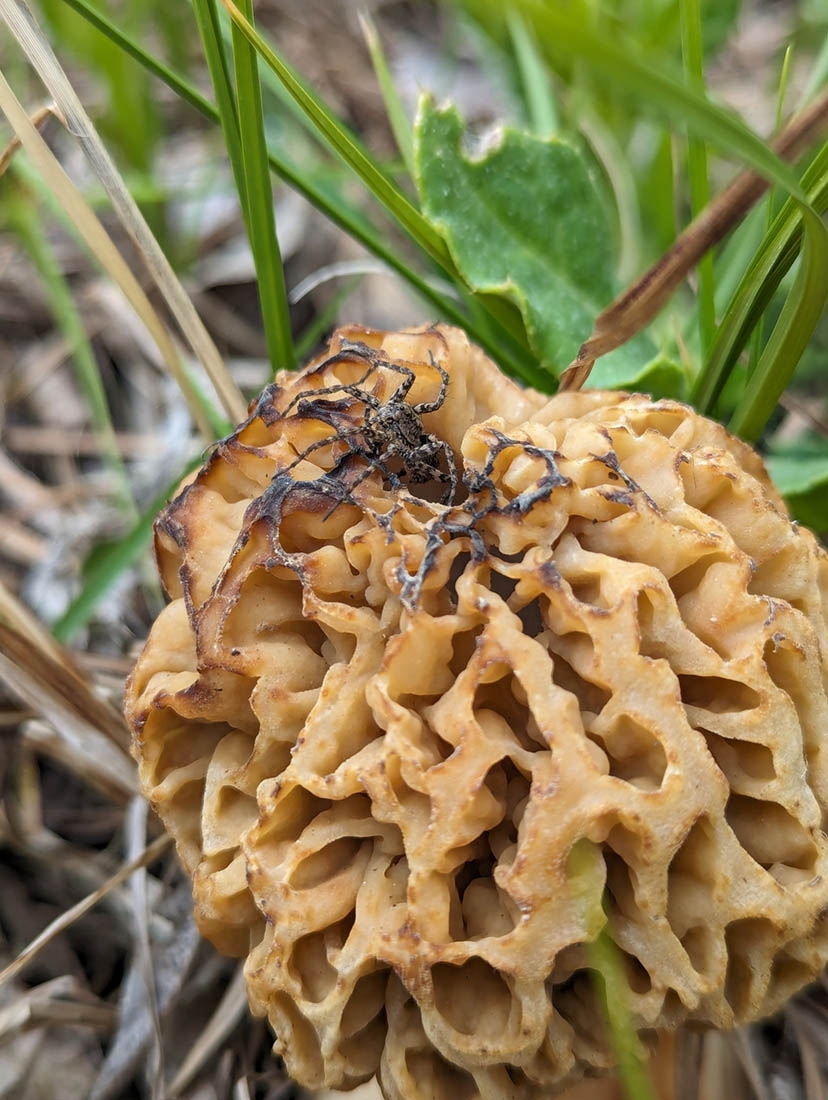
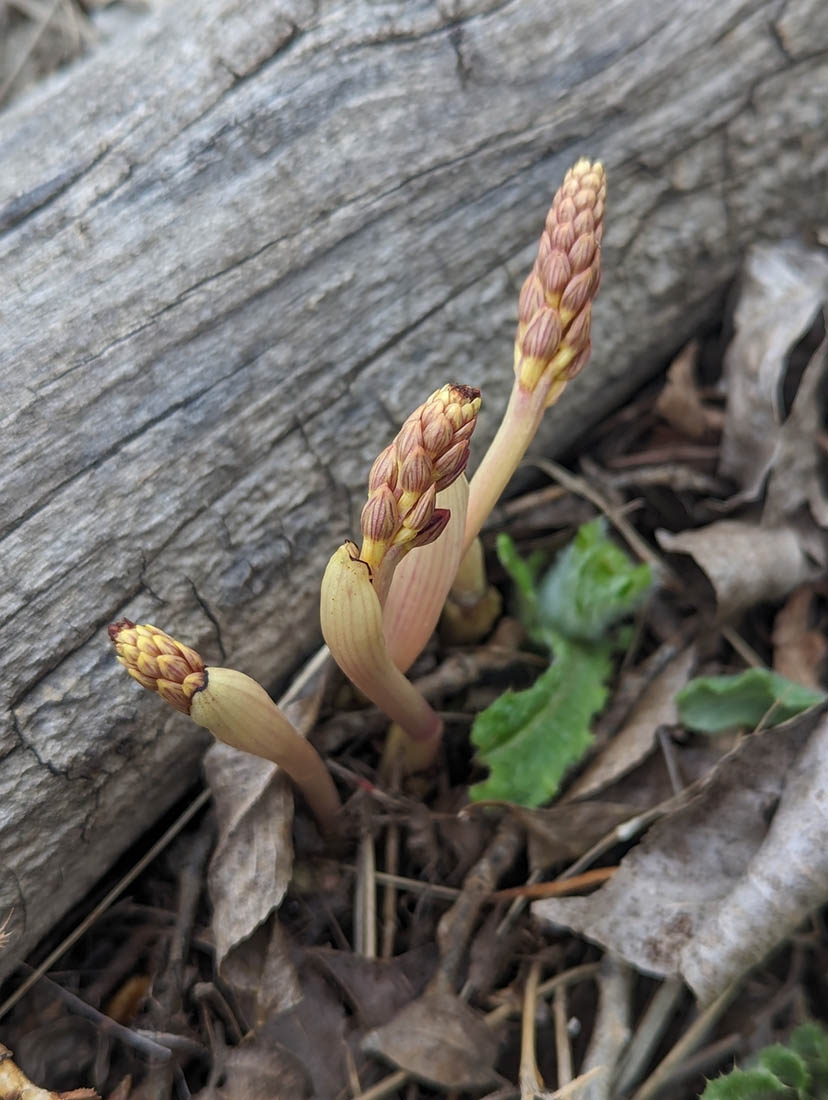
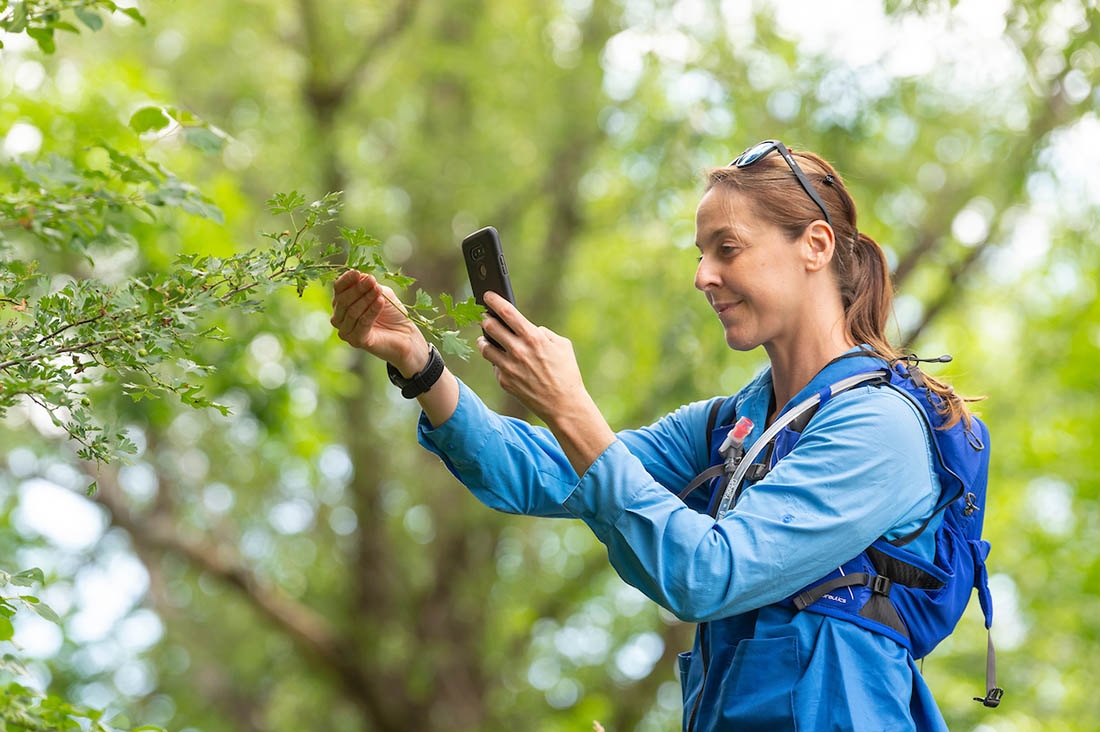
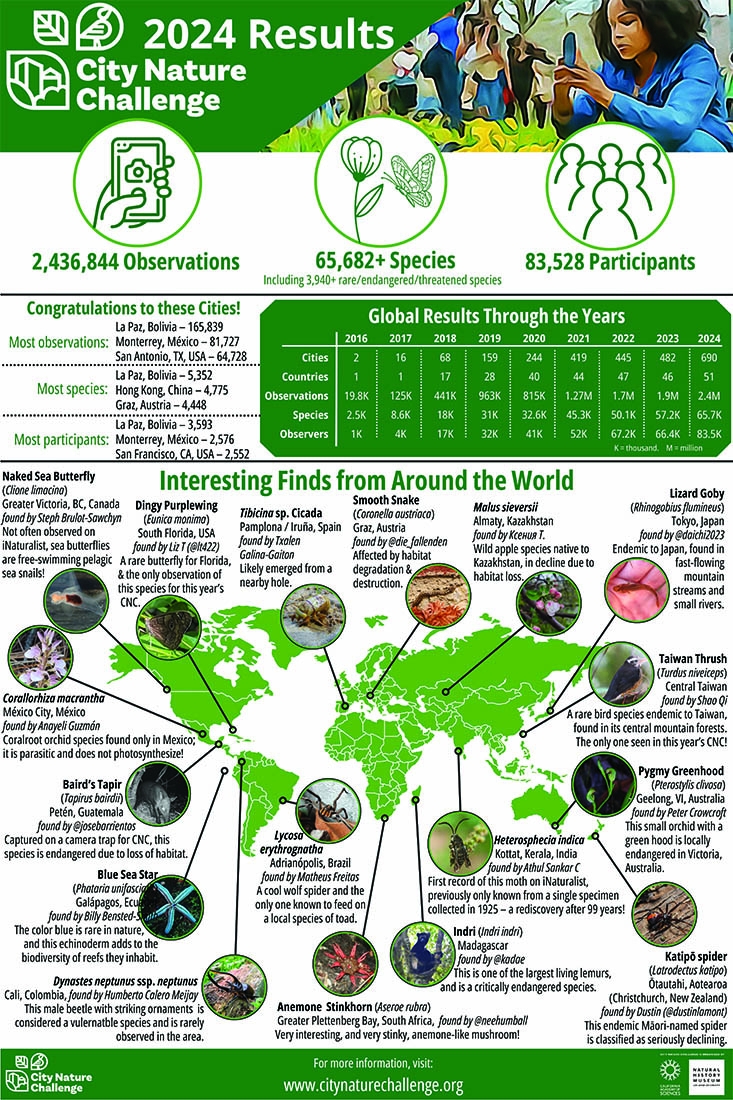
Add new comment